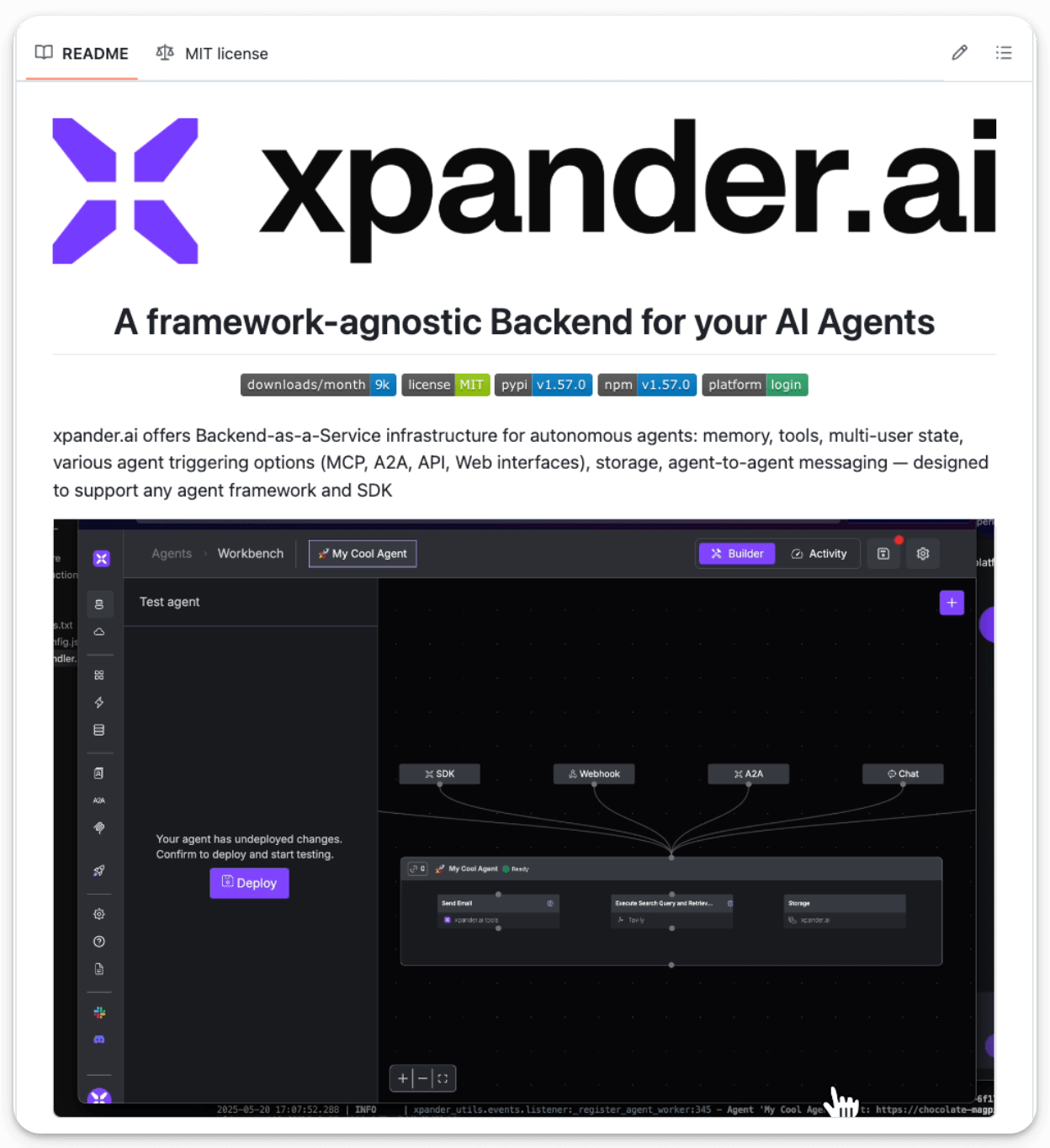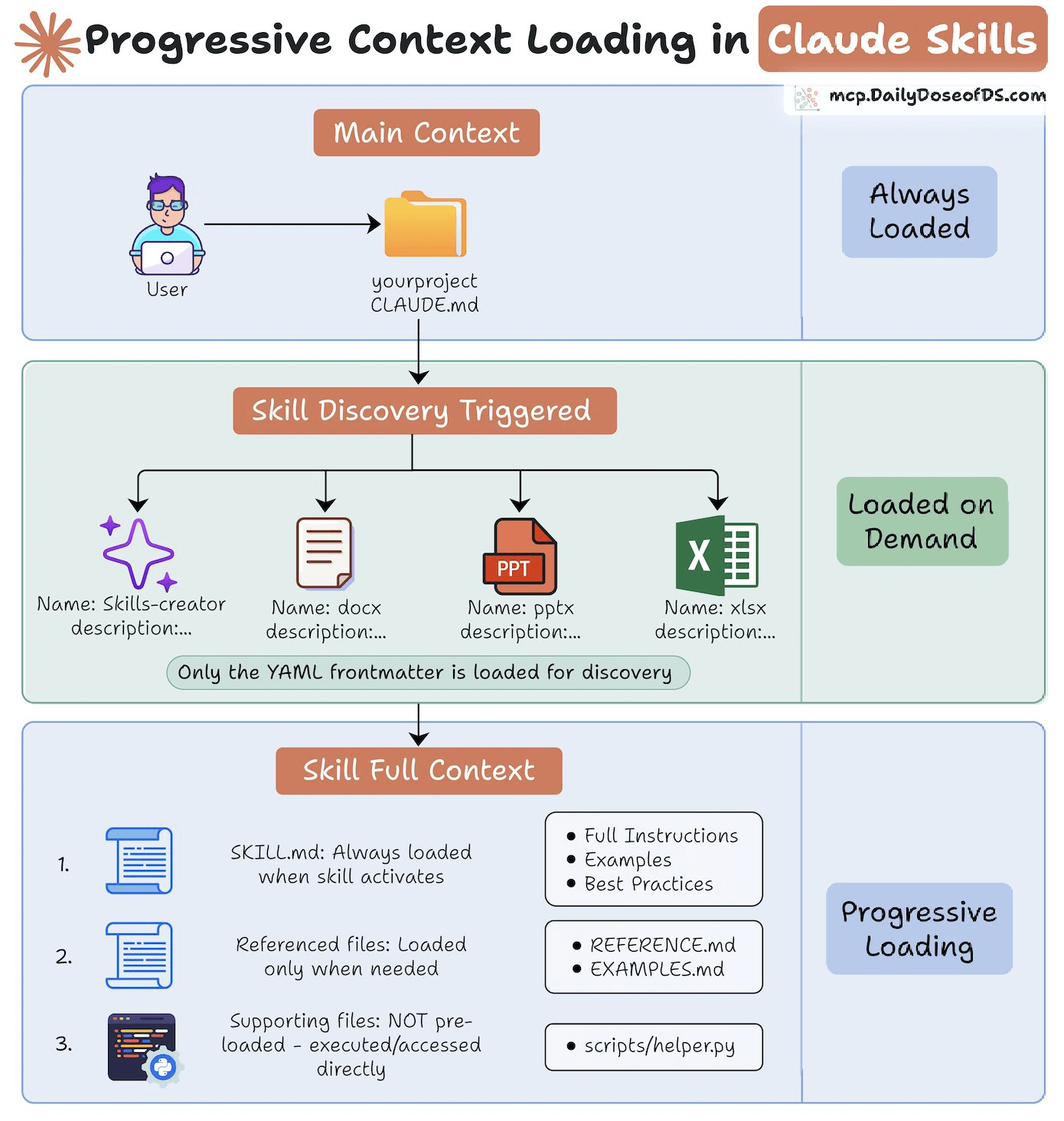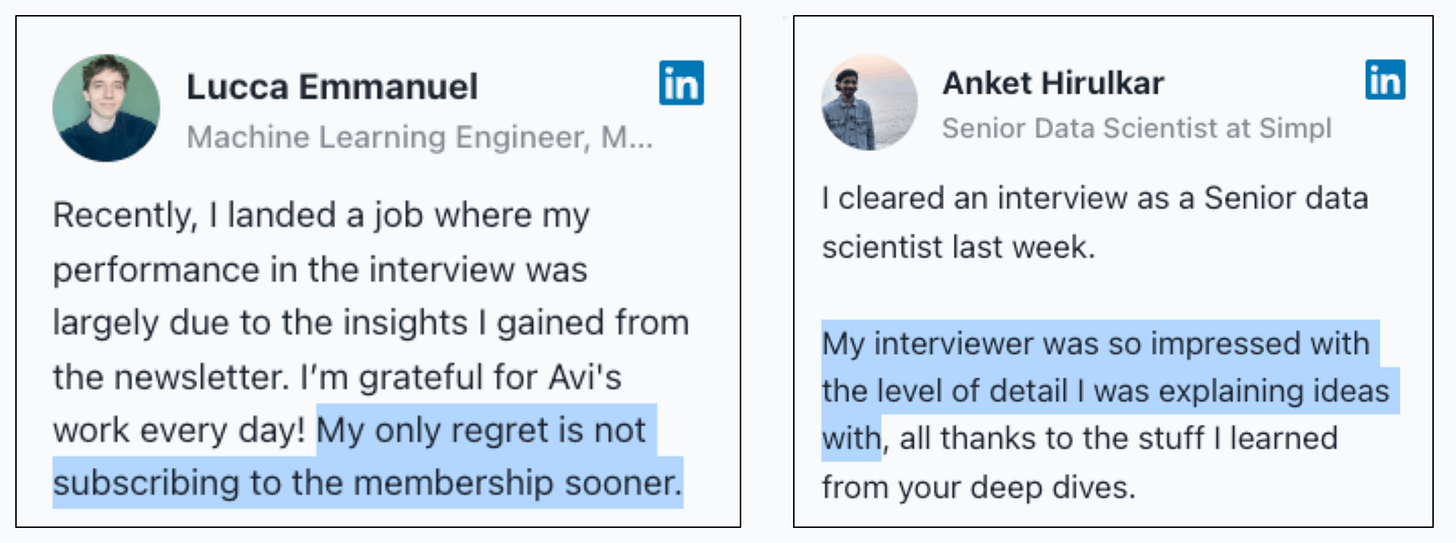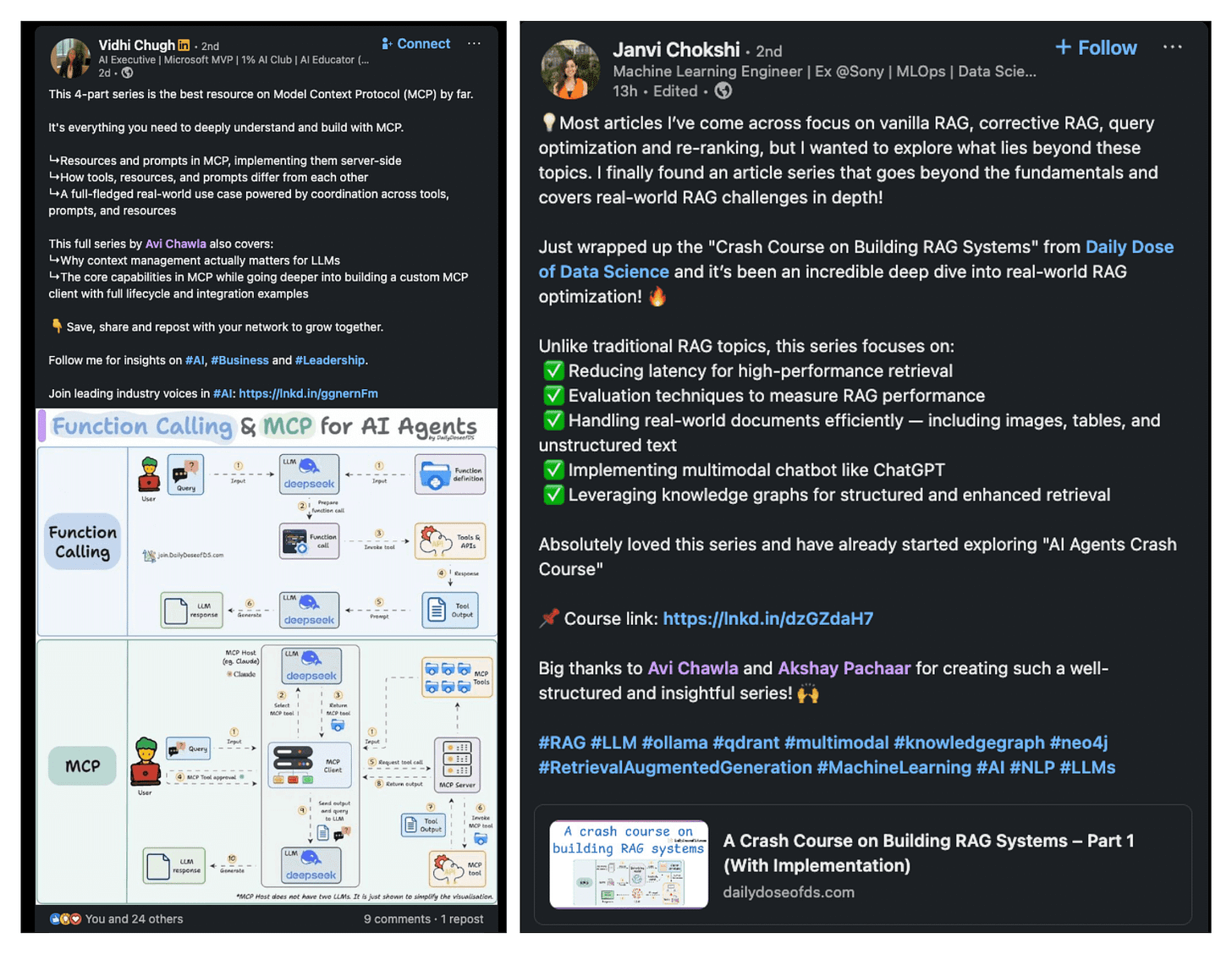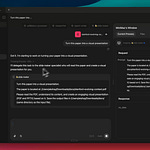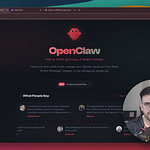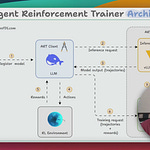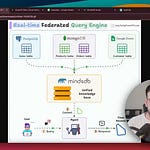Build, deploy & scale AI Agents with a single button!
xpander.ai is your plug-and-play Backend for agents that manages memory, tools, multi-user states, events, guardrails, and more.
Works with LlamaIndex, Langchain, CrewAI, Google ADK, and more.
1-command deploy & autoscaling
Guardrails via Agent-Graph-System
Distributed state & memory baked in
50+ MCP-compatible tools & integrations
Real-time event streaming (Slackbots, Webhooks, A2A)
GitHub repo → (don’t forget to star it)
Context engineering in Claude Skills is GENIUS!
A couple of days back, we talked about Claude Skills and why we think it could be bigger than MCP.
In a gist, it solves a problem most people don’t talk about: agents just keep forgetting everything.
Skills is an attempt to solve this, and it uses a 3-layer context management system that lets it use 100s of skills without hitting context limits.
Let’s understand briefly how it works (we’ll cover this in more detail soon):
Layer 1: Main Context - Always loaded, it contains the project configuration.
Layer 2: Skill Metadata - Comprises only the YAML frontmatter, about 2-3 lines (< 200 tokens).
Layer 3: Active Skill Context - SKILL.md files and associated documentation are loaded as needed.
Supporting files like scripts and templates aren’t pre-loaded but accessed directly when in use, consuming zero tokens.
This architecture supports hundreds of skills without breaching context limits.
In case you missed it, the video at the top is our full tutorial on Claude skills.
It covers:
The core idea (skills as SOPs for agents)
Anatomy of a skill
Skills vs. MCP vs. Projects vs. Subagents
Building your own skills
Hands-on example
Skills are the early signs of continual learning that Karpathy also talked about in his recent podcast.
The video has everything you need to know!
Thanks for watching!
P.S. For those wanting to develop “Industry ML” expertise:
At the end of the day, all businesses care about impact. That’s it!
Can you reduce costs?
Drive revenue?
Can you scale ML models?
Predict trends before they happen?
We have discussed several other topics (with implementations) that align with such topics.
Here are some of them:
Learn everything about MCPs in this crash course with 9 parts →
Learn how to build Agentic systems in a crash course with 14 parts.
Learn how to build real-world RAG apps and evaluate and scale them in this crash course.
Learn sophisticated graph architectures and how to train them on graph data.
So many real-world NLP systems rely on pairwise context scoring. Learn scalable approaches here.
Learn how to run large models on small devices using Quantization techniques.
Learn how to generate prediction intervals or sets with strong statistical guarantees for increasing trust using Conformal Predictions.
Learn how to identify causal relationships and answer business questions using causal inference in this crash course.
Learn how to scale and implement ML model training in this practical guide.
Learn techniques to reliably test new models in production.
Learn how to build privacy-first ML systems using Federated Learning.
Learn 6 techniques with implementation to compress ML models.
All these resources will help you cultivate key skills that businesses and companies care about the most.


